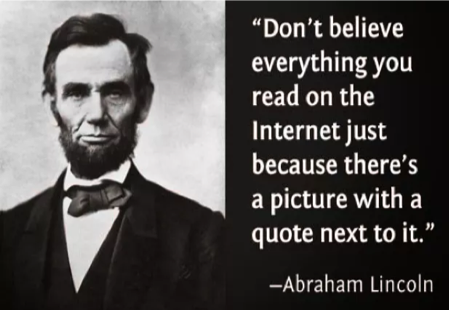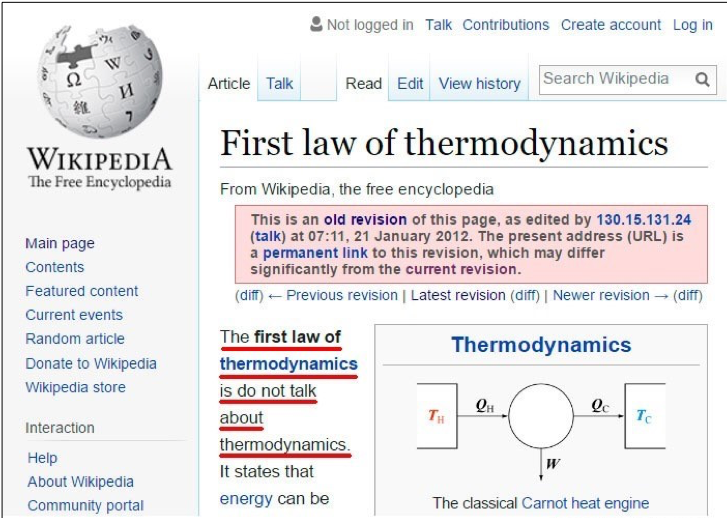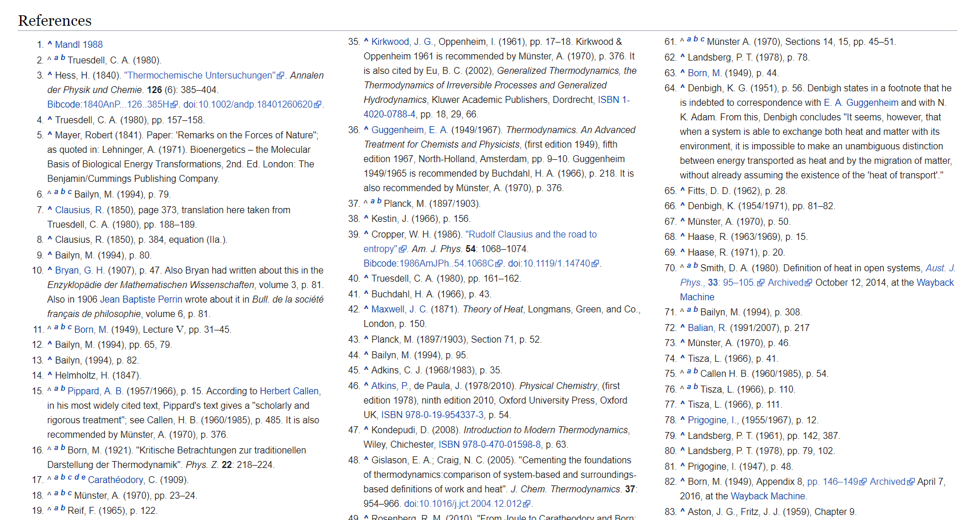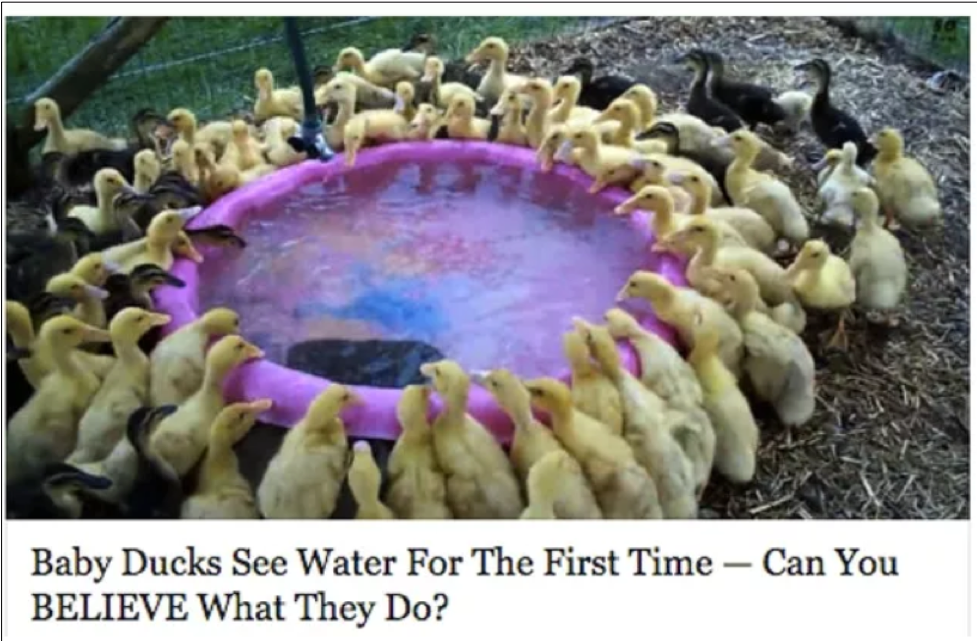Evaluating Digital Sources

Welcome to the Purdue OWL
This page is brought to you by the OWL at Purdue University. When printing this page, you must include the entire legal notice.
Copyright ©1995-2018 by The Writing Lab & The OWL at Purdue and Purdue University. All rights reserved. This material may not be published, reproduced, broadcast, rewritten, or redistributed without permission. Use of this site constitutes acceptance of our terms and conditions of fair use.
Evaluating Digital Sources
Because so much information is now available online, it’s important to know how to navigate digital sources versus print sources. Today, almost every print source has a digital edition (e.g., ebooks, online newspapers), and some academic journals only publish digitally. However, despite the many credible digital sources available today, there are still many unreliable sources available on the internet. Below are some suggestions for evaluating digital texts and a breakdown of the different types of sources available online.

Example of just one fallacious quotation that can be found online.
Search Engine Optimization
Search engine optimization (often abbreviated SEO) is a strategy used to increase unpaid views on a website from search engines. By using an algorithm, SEO works by locating keywords and sorting information for relevancy and accuracy. For example, if you were to search “How to change a flat tire” in a search engine, you would most likely get how-to videos and pages, rather than someone selling their car on Craigslist, because the algorithm sorts the webpages based on the keywords you input.
Different search engines may utilize SEO differently, which also means that, depending on what search engine you use, you might have different results appear first. For example, companies that are owned by Google will most likely appear first when searching for something on Google. However, if you used a different search engine, such as Yahoo or Bing, your results may differ.
Understanding SEO is important because it dictates the initial information you’re presented with when using a search engine for your research.
Differences in Domain Extensions
Different websites have different domain extensions, that is, the final string of letters following the period on a website’s domain name. Domain extensions help differentiate the type of websites and the different purposes they serve.
Below is a breakdown of the most common domain extensions:
- .com—a commercial website
- .gov—a government owned/operated website
- .org—a website associated with an organization
- .edu—a website associated with an educational institution
- .net—a website used by network providers
While there is no universal rule for whether a website’s domain extension makes it credible, it’s important to know that .com, .org, and .net domain extensions can be purchased and used by anyone. However, the .edu domain extension is reserved only for educational institutions, and the .gov domain extension is only used by governmental institutions.
Determining a website’s credibility can be especially confusing for websites with a .org extension that appear to have a governmental or educational affiliation. For example, the website passportUSA.org appears to contain official instructions for applying for a passport online; however, it is simply a PDF editing site. Because of the .org domain extension, it appears more credible.
On the other hand, some well-known organizations use a .com domain extension. Both National Geographicand TEDuse .com domain extension, despite the fact that they’re large organizations.
It’s important to not necessarily evaluate an online source simply based on its domain extension. As you navigate through different sources, you need to examine the authors and the website’s other credentials before making assumptions simply by the domain extension.
Wikipedia
Wikipedia is a free online encyclopedia, created by the Wikimedia Foundation. Like other encyclopedias, Wikipedia can provide valuable information about certain topics. However, unlike encyclopedias, Wikipedia pages can be edited by anyone, which means that sometimes the information stated is not reliable and is edited for the sake of making a joke (see example below).

An example of a Wikipedia page that has been vandalized to include a joking reference to the film Fight Club. Though this sort of vandalism is rare, it is not unheard of.
In fact, even Wikipedia itself encourages its users to take caution when gathering information from its site. It states: “Users should be aware that not all articles are of encyclopedic quality from the start. Indeed, many articles start out by giving one—perhaps not particularly evenhanded—view of the subject, and it is after a long process of discussion, debate, and argument that they gradually take on a consensus form. Others may become caught up in a heavily unbalanced viewpoint and can take some time—months perhaps—to regain a better-balanced consensus” (see “Researching with Wikipedia”).
While it’s not encouraged to use Wikipedia as one of your main sources, Wikipedia can be used as a jumping-off point for other sources. At the bottom of most Wikipedia pages, you can find a list of sources that will take you to other pages (see image below).

An example of a References section from a Wikipedia article that has been carefully sourced.
Clickbait
Clickbait is a type of sensationalized advertisement that seeks to attract viewers through catchy or seemingly unbelievable headlines. Most sites that use clickbait use it to simply gain “clicks” on their site.
When looking for sources online, it’s important to recognize which article titles sound like clickbait. Most clickbait articles want to shock the reader, so be aware of words like surprising, alarming, and shockingin titles. Another form of clickbait is a page that challenges the viewer to a quiz or test. These will entice the reader by stating that the reader probably cannotanswer each question correctly.

An example of a sensationalistic clickbait headline.
Understanding which articles are clickbait helps you evaluate your sources for credibility. Because clickbait sources exist simply to promote webpages, they are not considered credible sources.
Social Media
Social media is simply defined as any type of digital space that allows users to create content and share it with others in a social setting. A few of the most common social media platforms are Facebook, YouTube, Twitter, LinkedIn, Tumblr, and Instagram. While social media is not regularly used as a source in research, sometimes you might use a YouTube video or a tweet from a well-known individual.
When evaluating social media sites, it’s important to know more about a user beyond their username. For example, if you were interested in examining how scientists use Twitter as a platform, you might find yourself quoting a tweet by Bill Nye or the physicist Brian Cox. Both of these individuals have blue checks next to their Twitter handles, which means the accounts are verified. However, you might not want to quote a tweet by someone with an anonymous name and a Twitter handle such as @iluvscience321.
Similarly, YouTube videos can either be posted by a large organization or a single user. If you are interested in using a YouTube video in your research, look at whether the publisher is a larger organization (such as TED or National Geographic) or a single user that only publishes under a username. While not all large organizations produce unbiased information, more well-known organizations will most likely provide more credible information.
In general, while you will probably not use a lot of social media in your research, if you do, try to locate the people or groups behind the usernames. After you identify the person or organization, you can find out more about them and determine their credibility.
Personal Websites
Many people have personal websites, such as blogs, that are not associated with a larger group or organization. Blogs can range in subject, from seasonal fashion tips to discussing every one of Emily Dickinson’s poems. When evaluating a personal website, find out what you can about the author and their affiliations. Some personal websites exist solely to spread propaganda or other biased information.
Podcasts
Podcasts are becoming a much more popular digital medium today. Podcasts are essentially audio files that can be streamed on a computer or mobile device, like portable radio. They are usually part of a series or follow a theme.
Like YouTube videos, podcasts can be valuable resources if used correctly. While almost anyone can produce a podcast, and topics range from discussing tv shows or books like The Bachelor and Harry Potter, other podcasts give in-depth information about science, history, anthropology, and a wide variety of other topics. For example, podcasts like Stuff You Missed in History Class and Historium Unearthia provide information on often-overlooked historical events.
Like most sources, you should try to find out information about the author and cross-check the information in the podcast to see if you can find it elsewhere. Because anyone can produce a podcast, be aware that biased podcasts exist, and some might be used as propaganda.
Online News Articles
It’s possible to find many news articles online, both from digital newspapers and websites that post news articles. When examining online news articles, find out what you can about the organization behind the articles. Different news outlets may have different agendas attached to their reporting. For example, some websites are known for being more left-wing or right-wing.
Online Databases
Often, the most reliable information you will find on the internet will come from online databases. A database is a large collection of data, usually about one specific topic or idea. Some databases contain a broader field of information, while some are narrower. For example, Hoosier State Chronicles is a database that only houses Indiana newspapers, while JSTOR is a database that holds a wider variety of journals and books.
When looking for online sources, using a database helps you find credible information. In order for a source to be included in a database, it usually must go through a screening process that requires individuals to verify the information in the text. Because of this cross-checking process, the articles you find in databases will usually be more reliable than sources you might find simply by looking for them using a search engine.